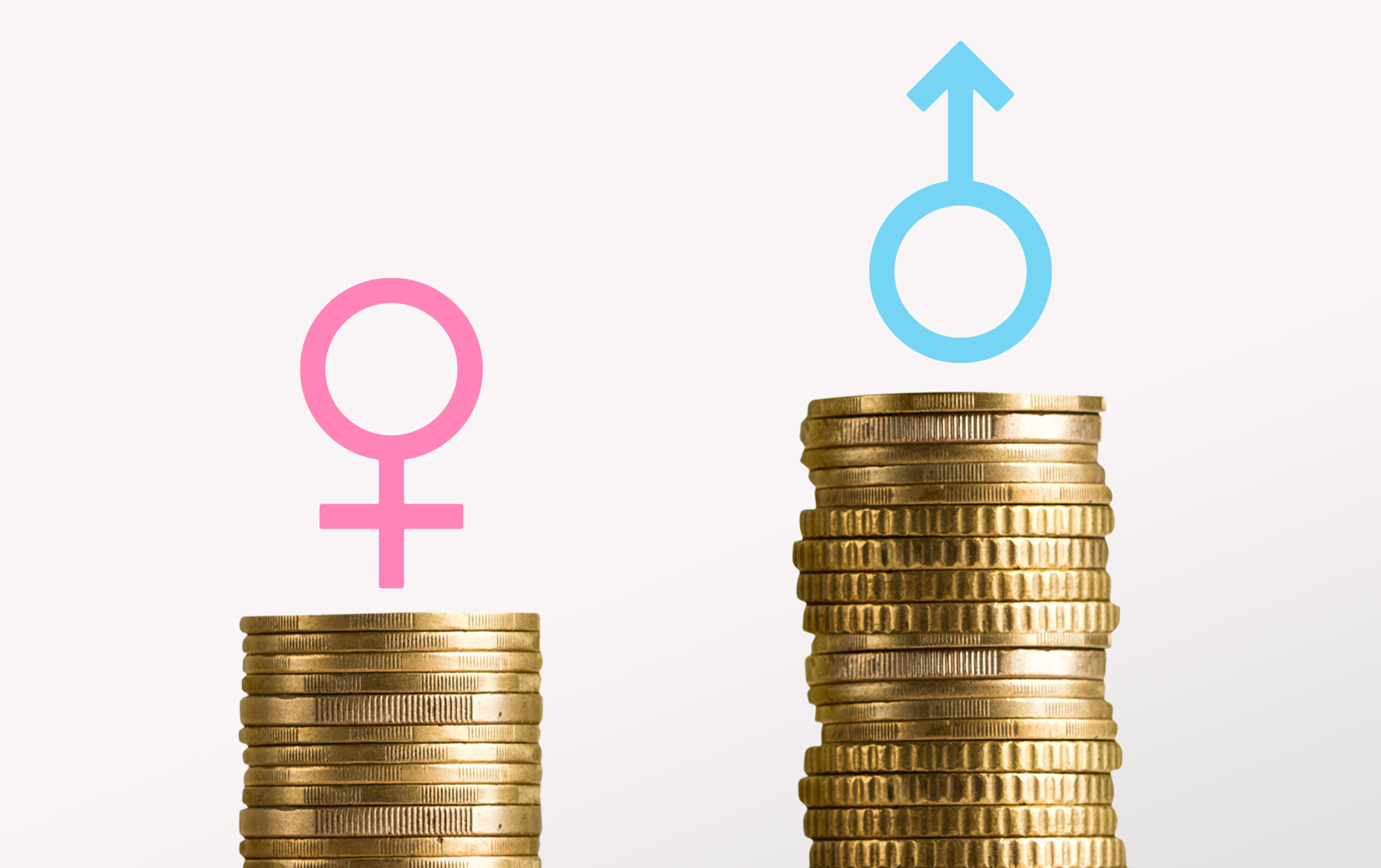THE results published this week by the Workplace Gender Equality Agency (WGEA) are perhaps most charitably described as a mixed bag for the travel sector, and as we reported on yesterday in Travel Daily, airlines were exposed as having the largest pay gap between males and female staff of all the key industry verticals.
While the median base salary gender pay gap across private companies in the country was found to be 14.5%, the major Aussie carriers presented gender pay gaps well in excess of the national average.
The data showed that the worst offender was Qantas subsidiary Jetstar, which has a median base salary pay gap of a whopping 53.5%, followed by Virgin Australia (41.7%), Qantas (39.3%), and Rex (25%).
Qantas was proactive in its response to addressing the issue, detailing how more internal development paths for women would form one at least pillar of how the business intends to narrow the yawning gap in its gender remuneration.
When contacted for comment, Rex on the other hand appeared surprised that it had ranked so highly in the report but was quick to clear up any suggestion that it would be embarking on any new Qantas-like initiatives involving quotas.
The airline said that the core principles of the organisation is to be a meritocracy, and that it will continue to follow its historical ethos of hiring the best person for the job.
“Rex’s criteria for recruitment, promotion, incentive payments and retrenchment are strictly based on capability, suitability and merit,” the carrier told travelBulletin.
“Rex believes that it is reverse discrimination to have in place policies that unfairly assist and advance the interests of any particular group, hence Rex will not subscribe to an affirmative policy to simply fulfil a quota for a minority group.”
Meanwhile, Virgin Australia told us that it continues to support and uphold the brief of the WGEA, which it feels will ultimately lead to better gender equality outcomes in its business.
“We have gender representation targets and supporting initiatives across our frontline and corporate workgroups and we are focused on improving the demographic profile of key roles across our organisation over time,” a spokesperson for VA said.
While VA appeared enthusiastic about closing the gender pay gap, the airline also pointed to the fact that a larger proportion of men currently occupy higher paying pilot and aircraft engineering roles – contributing greatly to the poor showing in the latest report.
While it is tempting to haul carriers over the coals for the shocking results in the WGEA report, the asymmetry of how men and women are represented in certain positions – and industries for that matter – perhaps is the real issue that bears closer scrutiny.
Australia is not alone in this, but clearly the value that culture and economies place on certain professions are not always fair. One need only think of social workers, nurses, childcare workers as examples of sectors that are in relative terms, poorly paid for what are clearly demanding professions.
As a father of two young boys, I can personally attest to the nightmare that faces staff who have to tend to 30-plus children under the age of three at daycare centres.
On the other hand, a few of my friends (who will remain anonymous) get paid four times as much as a childcare worker at banks and insurance companies for, in their own words, “pushing papers around”.
Something is not quite right here.
This goes some way to explaining why cabin crew serving passengers are so drastically underpaid when compared to engineers and pilots.
While Qantas and Virgin Australia should be commended for incentivising more women to take up jobs in traditionally male dominated positions, perhaps the gap between cabin crew and the aforementioned occupations should also be narrowed in recognition of how much value the services sector brings to major brands like our big airlines.
Very few people would be brave enough to suggest solving the lack of pay parity between the sexes is an easy nut to crack, there are many social and behaviour factors at play as well.
The literature on the topic suggests that men are simply more adept at exaggerating their own abilities for example, often securing a pay raise even in cases where they more than likely didn’t deserve one.
Men are also less likely to prioritise work-life balance and engage in excessive work hours to get ahead, not a healthy prescription for social cohesion or pay parity.
I could go on and on but the bottom line is whatever policies travel companies choose to put in place internally to close the gender pay gap, I’d argue should be matched in kind externally, with companies combining to argue for a fairer remuneration model more broadly for job types historically taken on by women.






